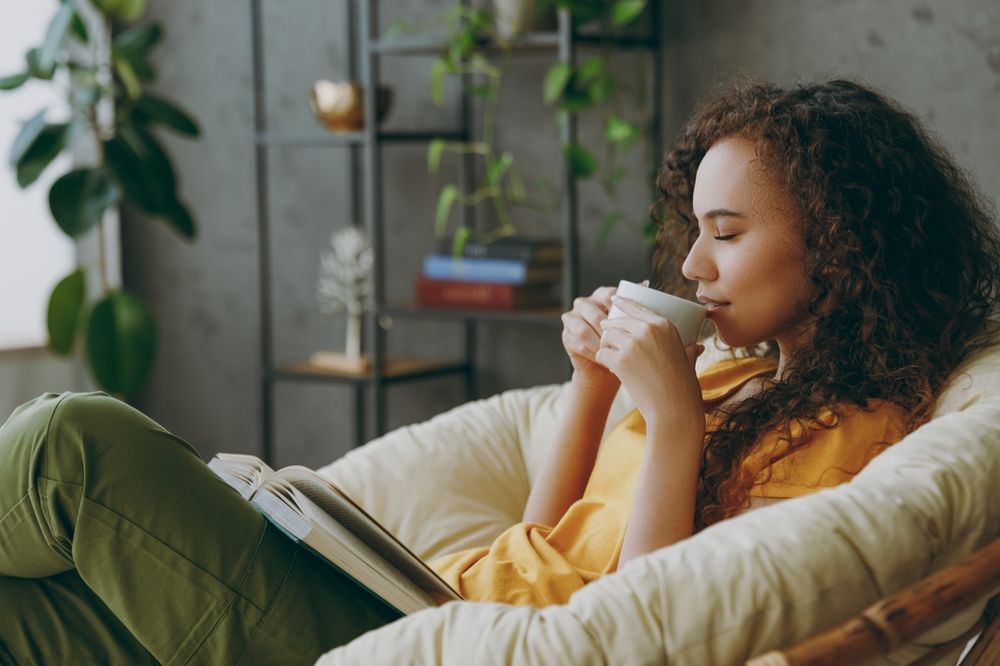Thanksgiving is a time for hearty meals, extra snacking, numerous cocktails, and a surplus of desserts. While these are all part of the festive spirit, it's wise to be mindful of potential bloating from overindulgence. If previous holidays have left you feeling overly full and bloated, consider these tips to avoid discomfort this season:
1) Monitor your portions: Overeating quickly can lead to digestive issues. Try not to approach meals with extreme hunger, as this can lead to rapid eating. Snack lightly throughout the day to prevent intense hunger and maintain reasonable portion sizes at mealtimes.
2) Chew thoroughly: Rushed eating or talking while eating can lead to inadequate chewing. This puts extra strain on your digestive system, potentially causing bloating. Take your time to chew your food well before taking another bite.
3) Focus on the company: The essence of holiday meals is to celebrate and enjoy the company of family and friends. While food is a central aspect, prioritize socializing overeating. Engaging more in conversation can naturally slow down your eating pace, helping to prevent overeating.
Despite these precautions, you might still experience some holiday bloating. Don't worry, as there are effective ways to alleviate this post-meal discomfort. Here are eight simple methods to debloat after overindulging.
1) Use Ginger
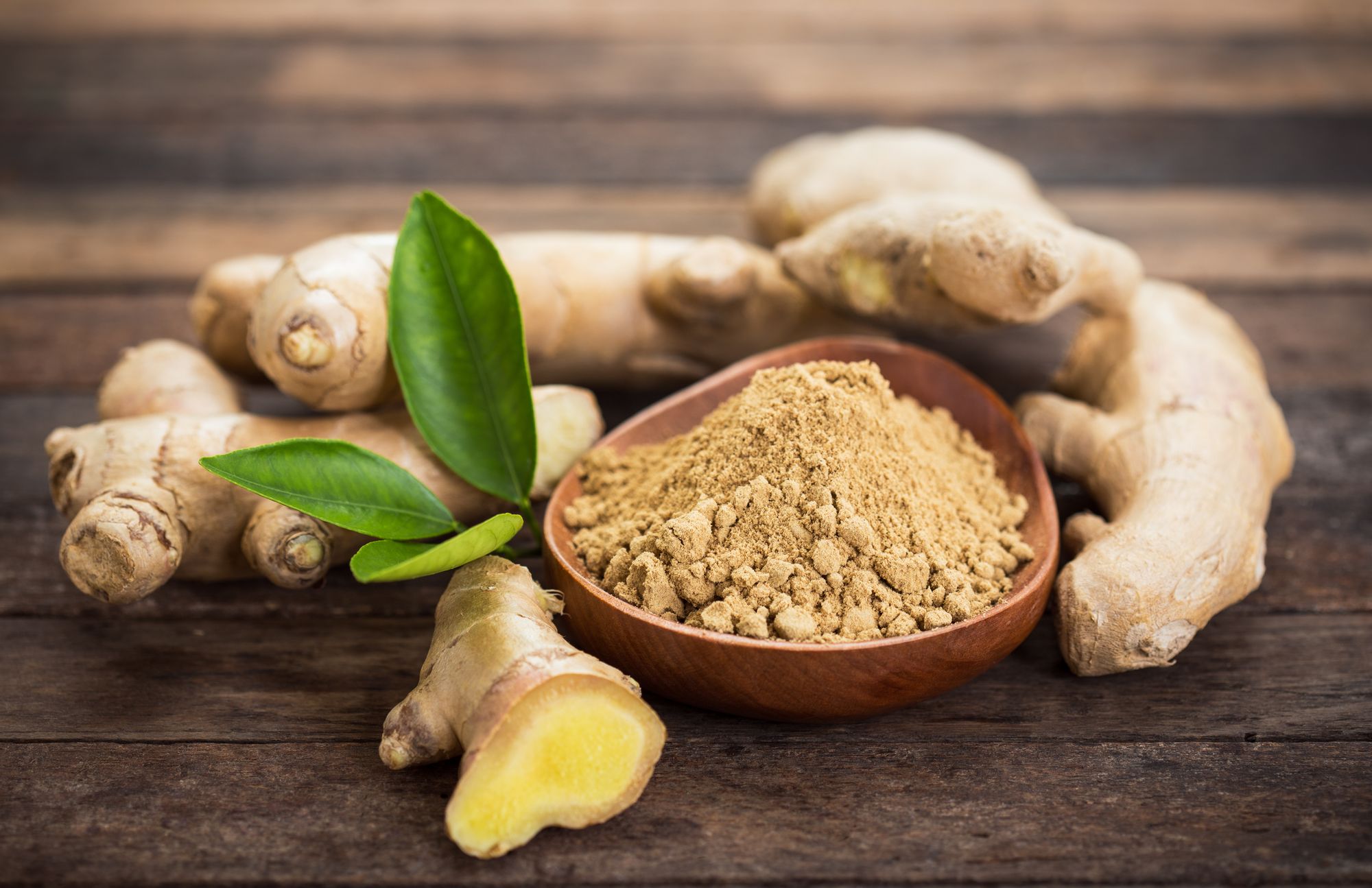
Ginger, celebrated for its vibrant and spicy scent, can help alleviate stomach bloating. Its natural properties soothe the intestines and diminish gas, lessening bloating sensations. To enjoy these benefits, you can try sucking on ginger candy, sipping ginger tea, or consuming pickled ginger post-meal. Beyond just reducing bloating, ginger is also known to relieve nausea, further enhancing its digestive advantages.
2) Stay Hydrated
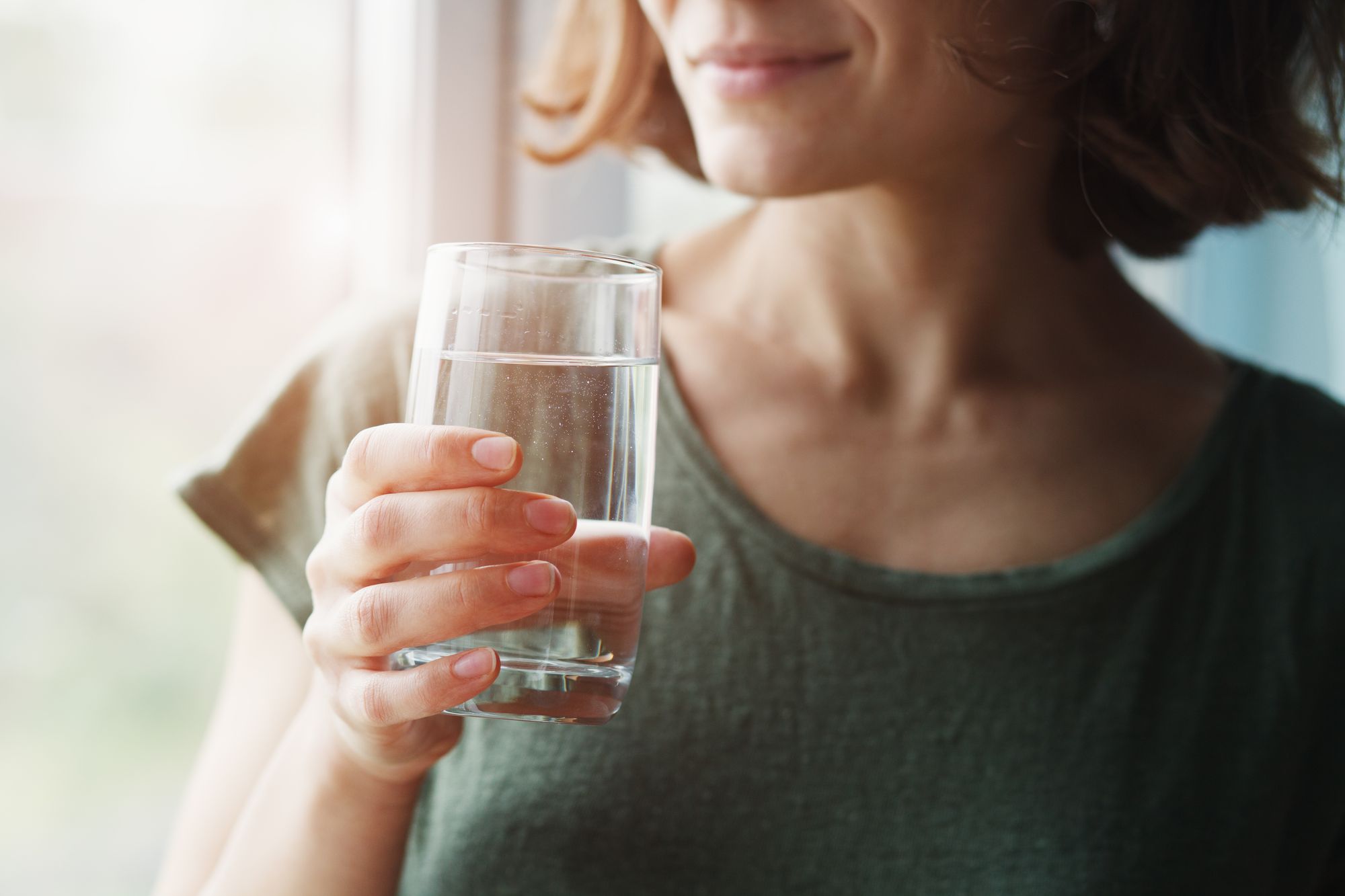
Maintaining proper hydration is crucial for more than just minimizing bloat, yet many adults don't drink enough fluids. Adequate hydration is essential for the smooth passage of food through the digestive tract. Dehydration can lead to less lubrication in the digestive organs, adversely affecting digestion. If you often experience bloating after meals, it's important to evaluate your daily water intake. Adults should aim for a minimum of 80 ounces of fluids daily, with at least half of this amount coming from water. To optimize hydration benefits, it's recommended to distribute this intake evenly throughout the day, ensuring you drink something at least every hour.
3) Get Moving
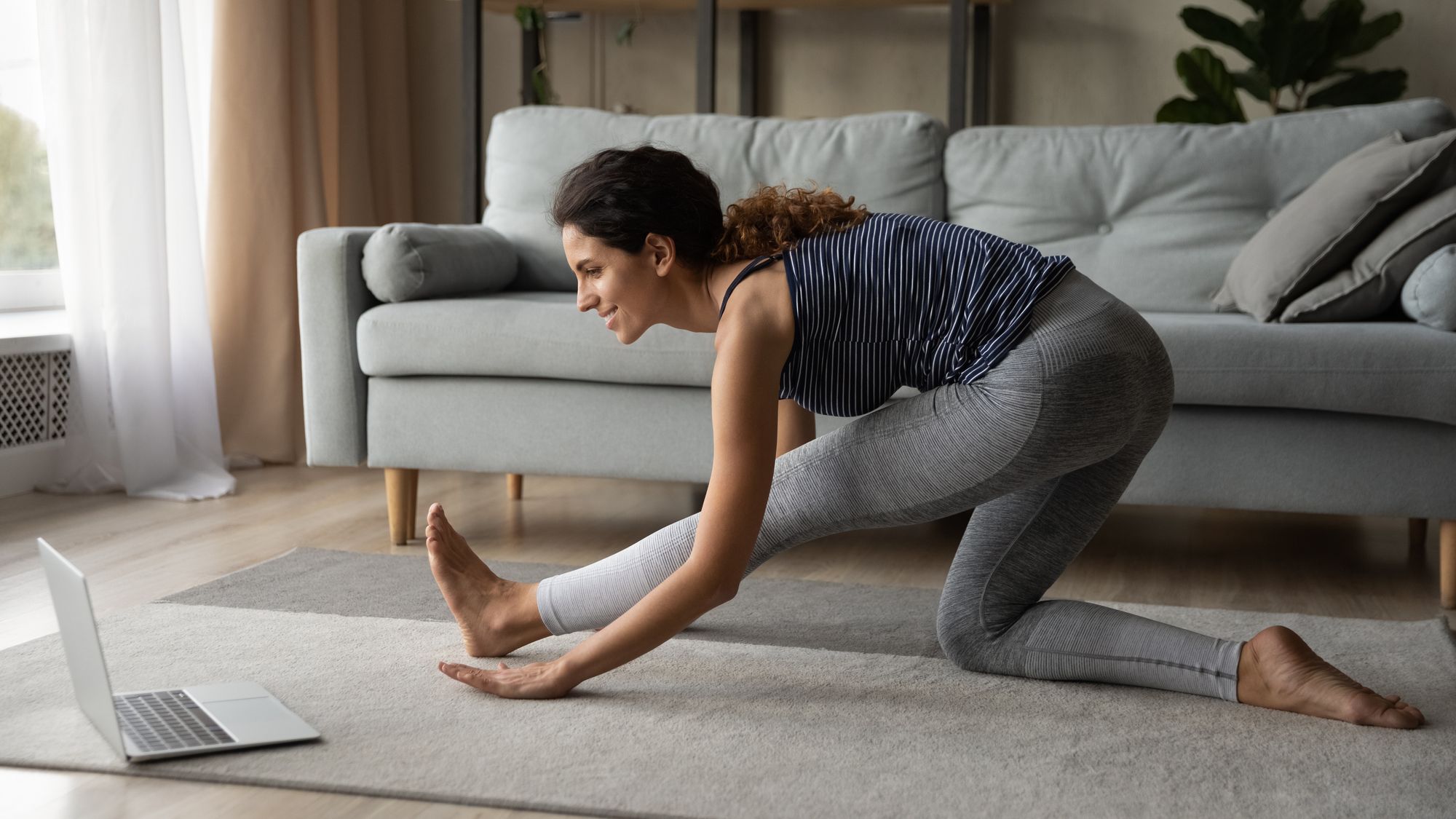
Engaging in physical activity is an effective way to support healthy digestion. After a meal, consider participating in some light movement. This could be as simple as doing household chores or something more deliberate like taking a stroll around your neighborhood. Such activities can help in aiding digestion and alleviating bloating. Moreover, walking soon after eating can also contribute to weight loss, enhancing overall health and wellness.
4) Rest on Your Side
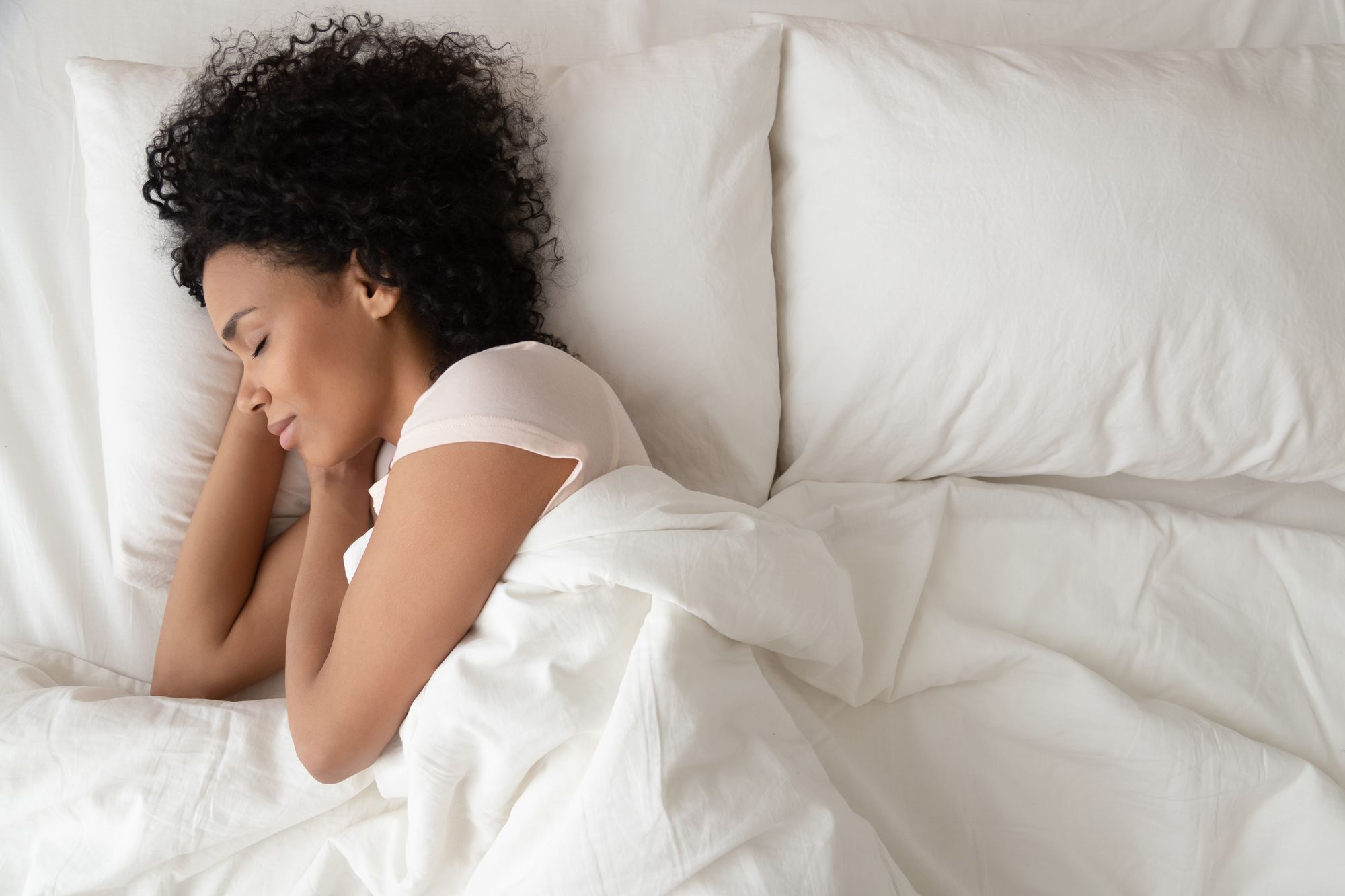
Lying on your back post-meal can cause reflux, but resting on your side might have digestive advantages. If you're dealing with bloating, consider lying on your left side. This position uses gravity to facilitate digestion, helping to move contents through your stomach and intestines. Furthermore, studies suggest that lying on the left side can lessen symptoms associated with gastroesophageal reflux disease.
5) Take a Digestive Enzyme Supplement
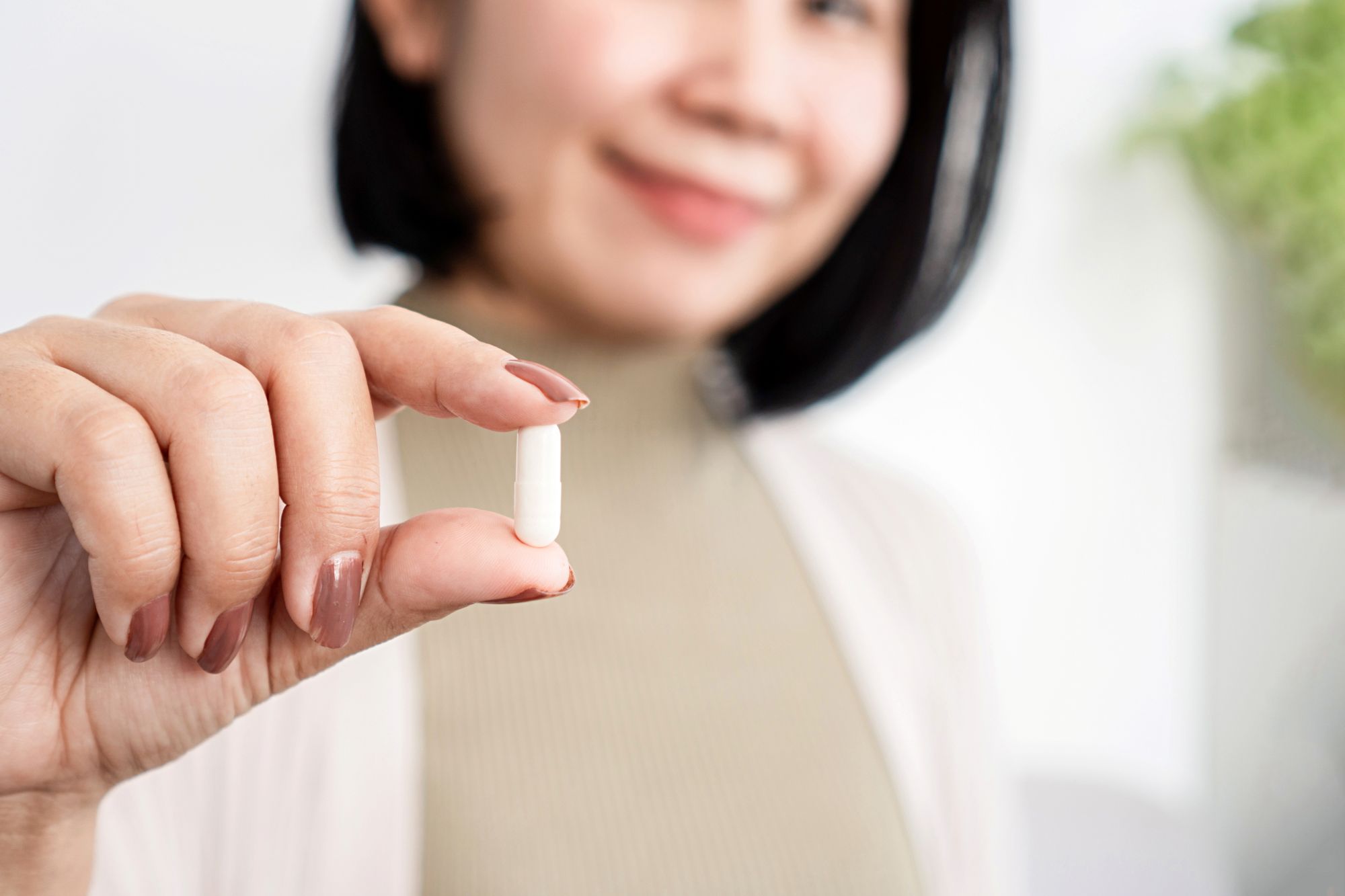
Our digestive tracts are equipped with a unique blend of enzymes that aid in breaking down food. Yet, various factors can disrupt this delicate balance of enzymes, leading to difficulties in digesting food and resulting in uncomfortable bloating. If you frequently experience bloating after eating, it's advisable to talk to your doctor about enzyme testing. This can identify specific enzymes you might need to supplement for better digestion. For less frequent bloating, an over the counter (OTC) digestive enzyme supplement with a variety of enzymes could be beneficial.
6) Consume Small Portions Throughout the Day
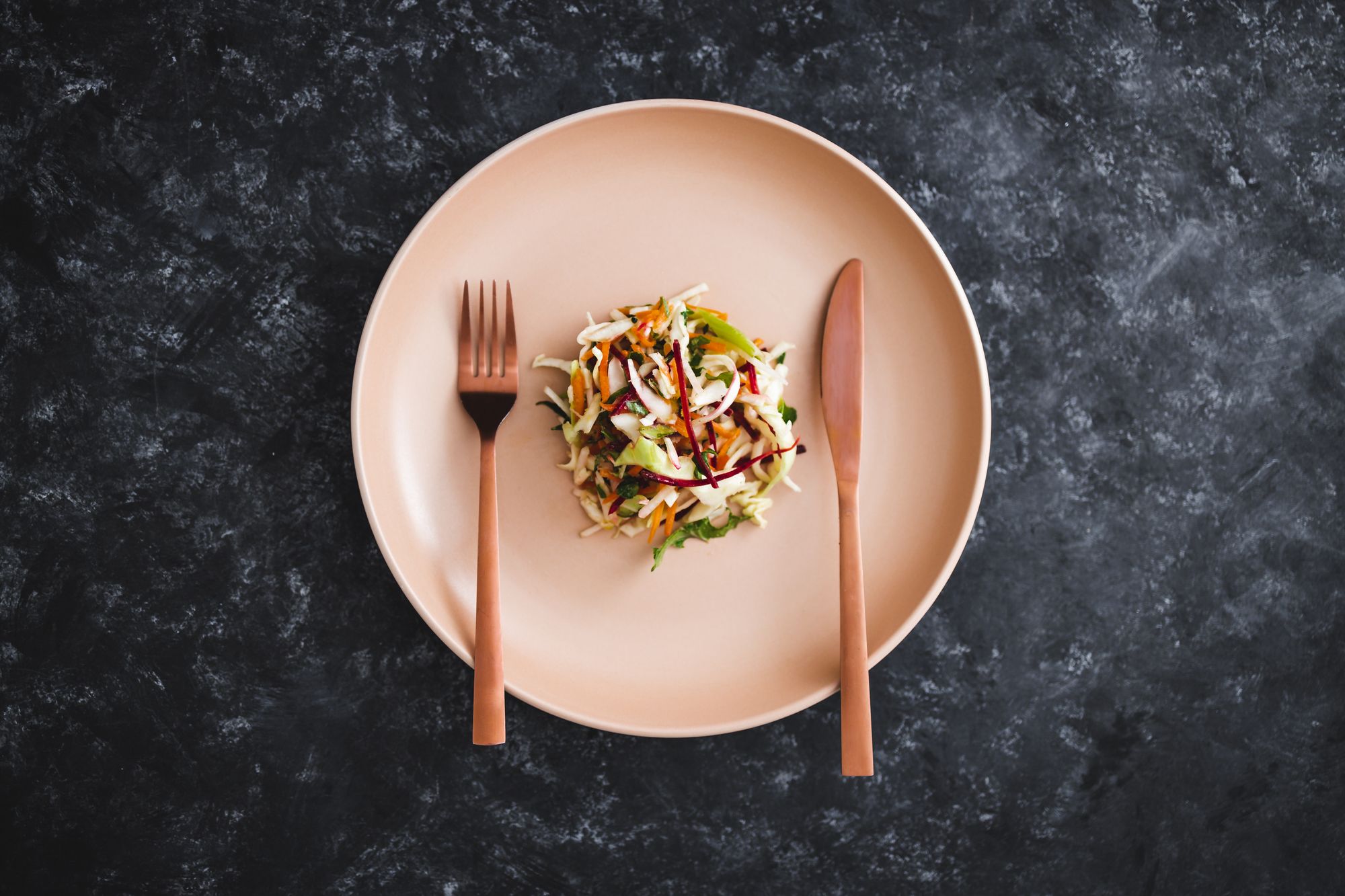
Bloating can sometimes occur due to an overload of food in your digestive tract rather than an internal chemical imbalance. To assist your digestive system in its regular function, opt for smaller food portions for the remainder of the day. If you've experienced bloating after lunch, skip a large dinner and instead opt for two to three smaller, snack-sized portions throughout the day. Choosing easy-to-digest foods can also be beneficial, so consider having a broth-based soup as one of your small meals to alleviate bloating.
7) Avoid Carbonated Drinks
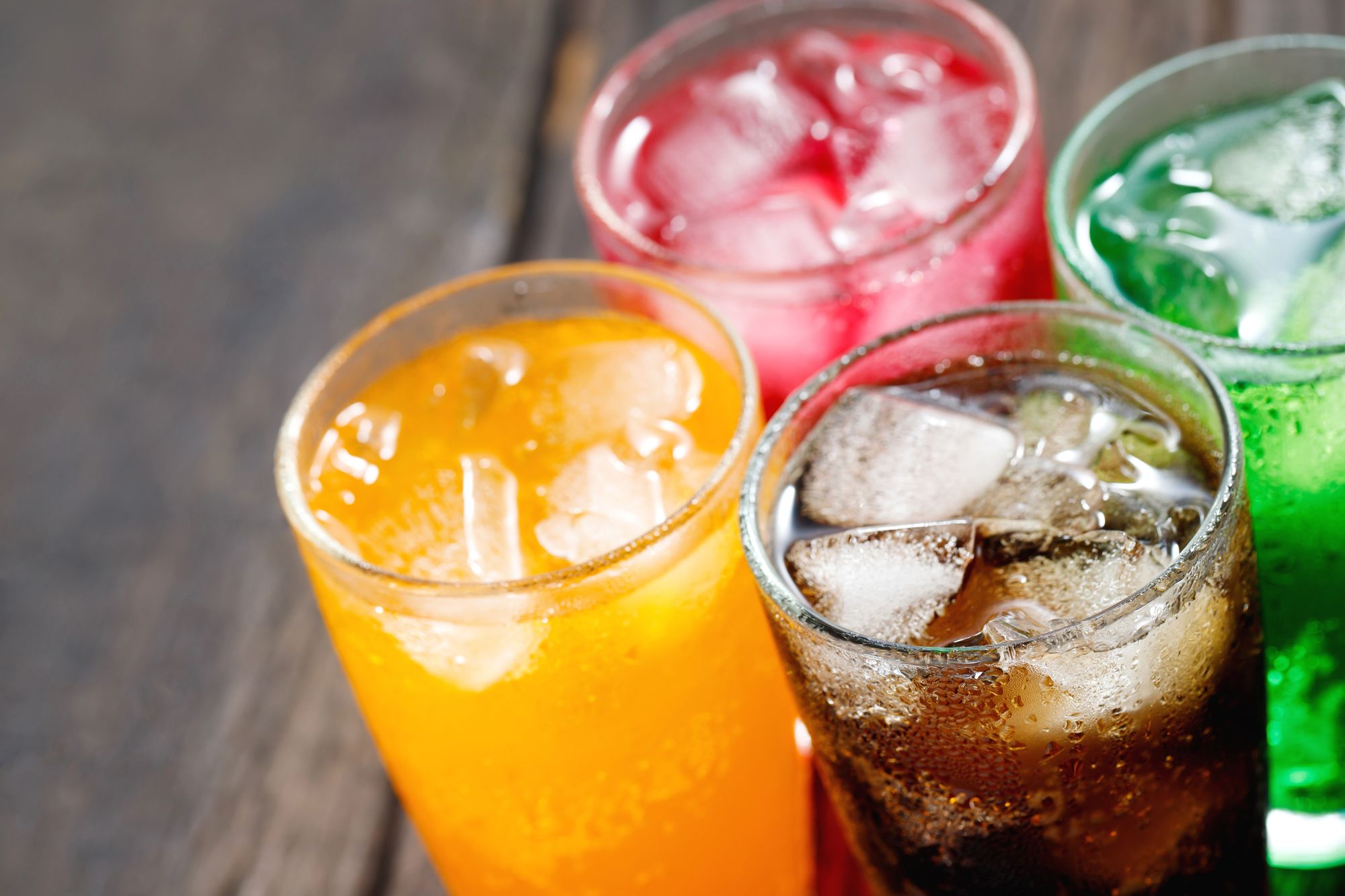
Carbonated beverages can exacerbate the sensation of bloating, intensifying discomfort after overindulging. Although staying hydrated is essential for minimizing bloating, it's advisable to steer clear of carbonated water, sodas, and other fizzy drinks. If you have a preference for carbonation, it's best to avoid these beverages right before, during, and after meals. This can help alleviate bloating and decrease its chances of occurring. Instead, opt for carbonated water between meals or alongside a small food portion, such as a snack, for a more favorable experience with these drinks throughout the day.
8) Include Probiotics
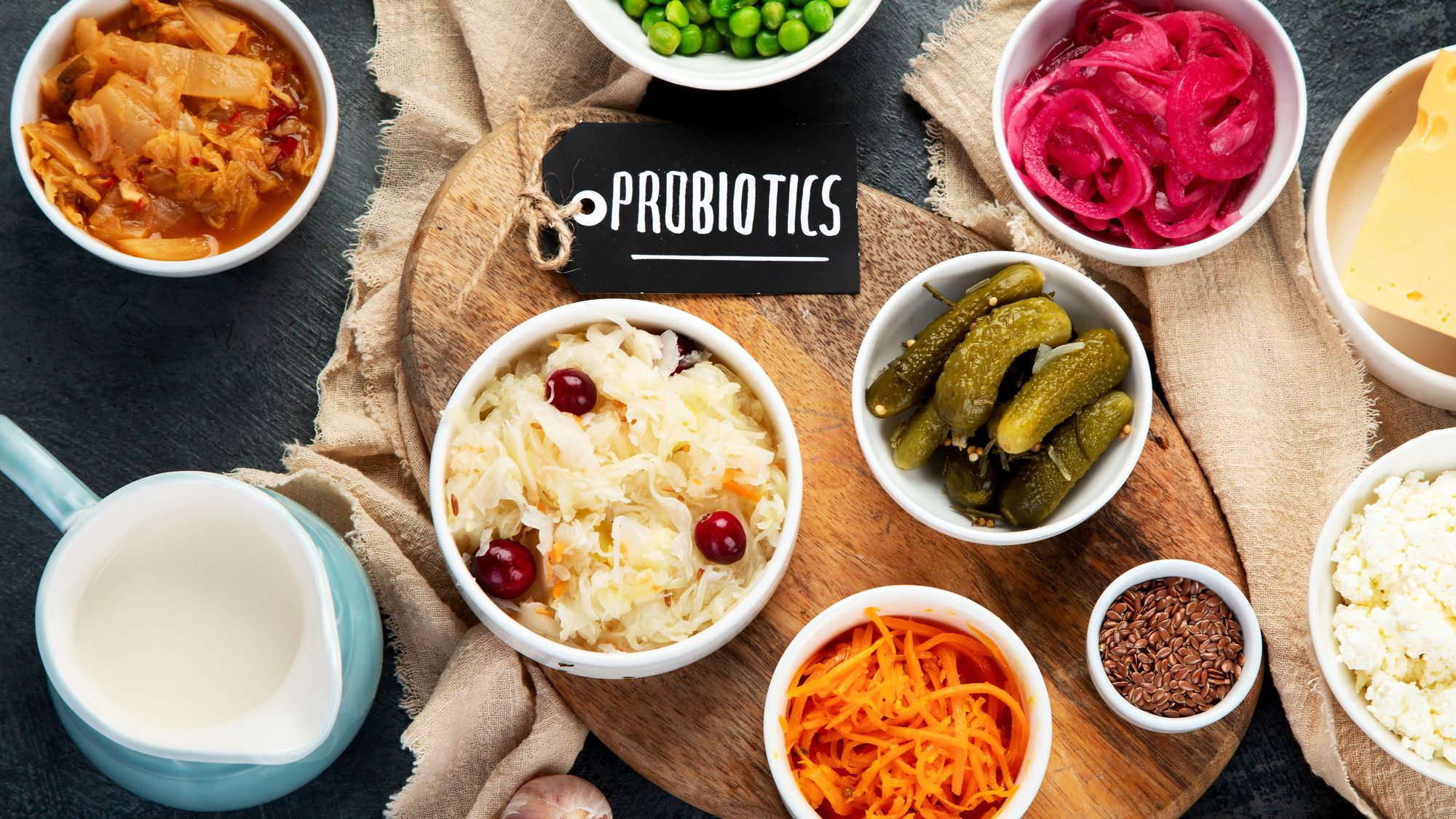
Much like digestive enzymes, the beneficial bacteria in your gut have a crucial role in digestion. Probiotics can also fall out of balance over time, making a daily supplement potentially helpful in reducing the onset of bloating. While taking a probiotic supplement immediately after a meal may not provide immediate relief from bloating, regular supplementation could decrease the likelihood of experiencing digestive discomfort, even after overeating. If you're seeking more immediate relief from bloating, consider using over the counter (OTC) products containing simethicone, such as Gas-X and Alka-Seltzer.

